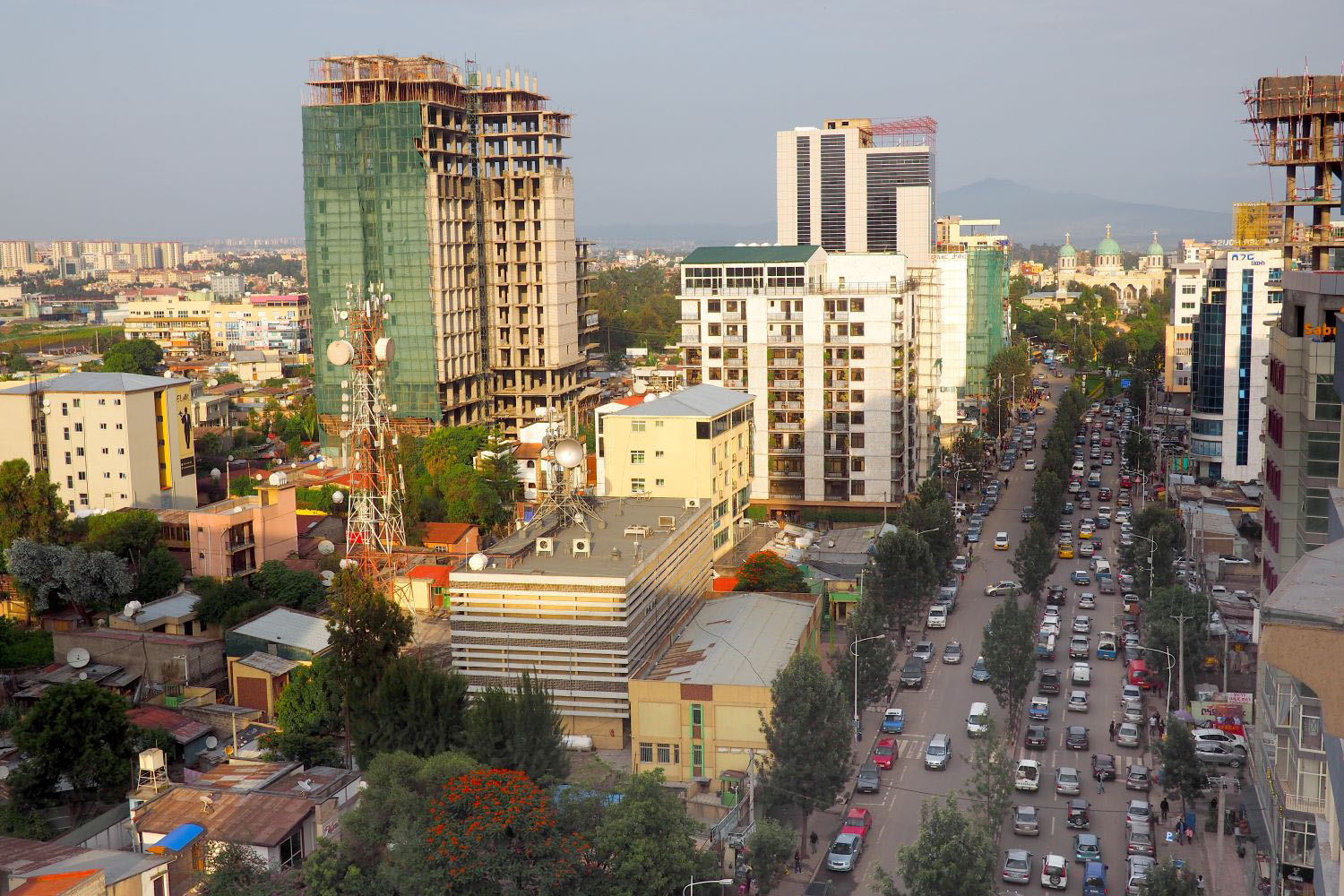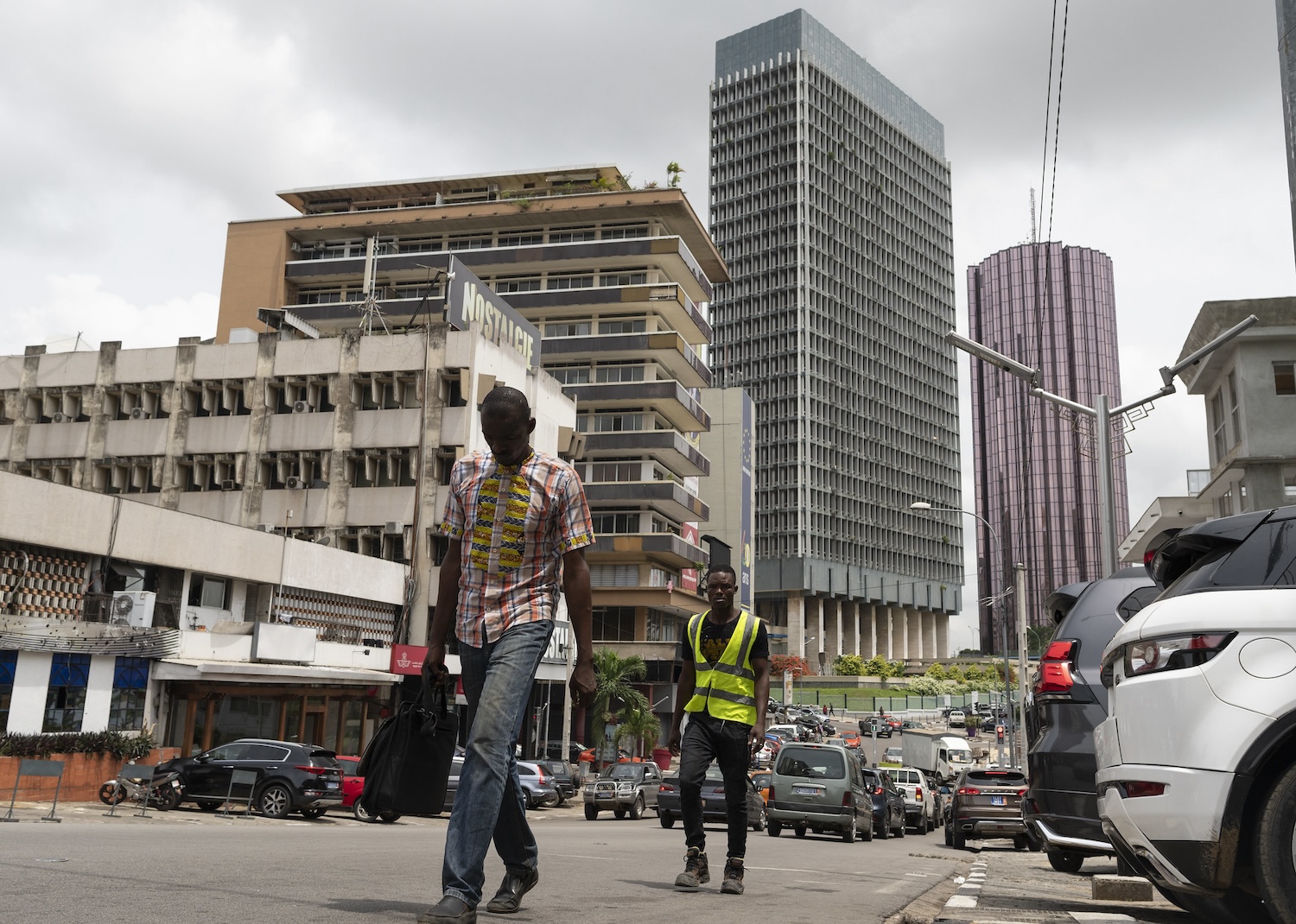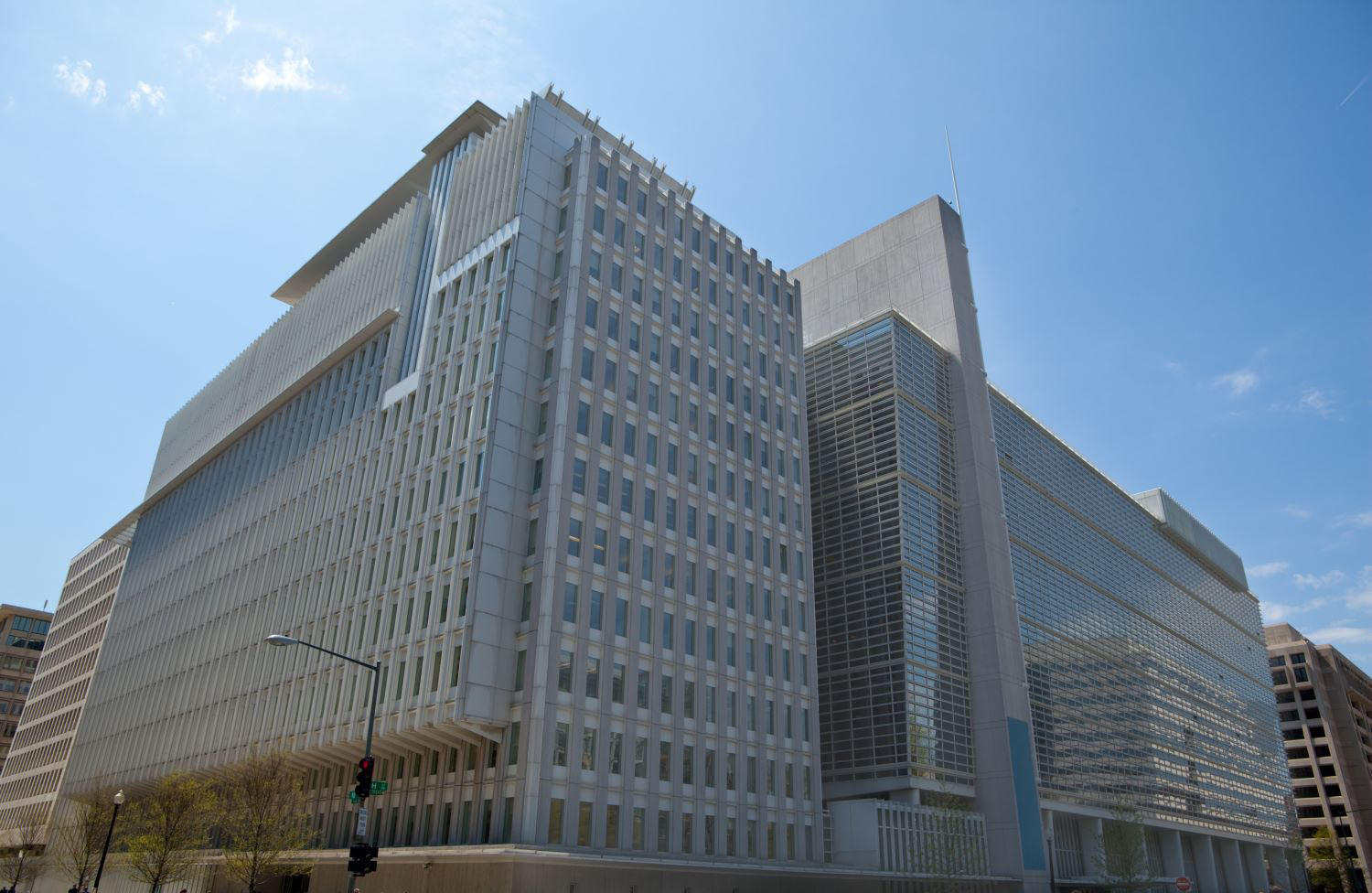The IMF's 2007 World Economic Outlook has a chapter on inequality and globalization (Chapter 4), which concludes that globalization in the last two decades has contributed to increased inequality in most countries. Bravo to the IMF for daring to move, on globalization, from apparent unencumbered globaphile to concerned realist!The analysis is creating some stir among economists (particularly in Chicago -- more on that below). The IMF analysis suggests that the culprit is not trade or foreign investment. Instead, increasing inequality is, as Simon Johnson, the IMF Chief Economist, nicely puts it "an unavoidable side effect from the spread of new technology globally, i.e., exactly what makes it possible for the world to grow so fast!"I have three comments on what is a careful and clearly presented analysis. First, for many low-income developing countries, there is the question not only of the effects of globalization on inequality, but the effects of high inequality (Latin America, South Africa) and rapidly rising inequality (China, India) on their prospects for future growth. Analyses of this latter question suggest that countries with high-enough inequality (a Gini of .45 or more -- just about at the U.S. level today) and very low income (income per capita of less than $3000 today) have and do see lower growth than they might. That is because their markets and their politics don't work well -- those domestic problems interact with income inequality such that too many of their people cannot acquire the credit and the education that make them productive. Richard Posner of Chicago complains (about the chapter), asserting that inequality is not regrettable except when it is the product of unsound policies. But what if unsound policies (populist-driven inflationary spending, education spending driven by teacher unions not children's needs) are in part the result of (in economist's terms: endogenous to) high and rising inequality?That brings me to my second comment. The IMF report calls for more and better education as the solution to the problem of rising inequality. But education should not be the only domestic policy instrument for addressing the risks -- in social tension and populist backlash -- that high and/or rising inequality in developing countries poses. Gary Becker (Nobel prizewinner in 1992 for his work on human capital) in his posting puts the full burden on developing country policymakers. He blames "intellectuals and politicians" in Asia, Africa and Latin America that criticize globalization but have done a bad job of educating their own populations. That strikes me as willfully naïve about the evidence -- in the U.S. and the developing world -- that high and rising income and wealth inequality ("market inequality") drive inequality of education (reflecting inequality of power, influence and political clout). Education inequality is endogenous to domestic politics, which is endogenous to income and other inequalities. Damn that endogeneity again. That's why low inequality East Asia has done so much better than high-inequality Latin America in education access and quality -- and why in the U.S. fewer than 10 percent of students from the bottom half of households by income, attend top universities. How about revisiting the potential of dreaded "redistribution" programs, including taxes and expenditure policies, eliminating regulatory and other barriers to the middle-income people's access to credit in the developing world, developing sensible unemployment, pension and other social insurance programs?A third comment. The report "accounts" for the effect of three aspects of globalization: trade, foreign investment, and the spread of technology. The culprit, its analysis suggests, is mostly the last. Skill-biased technology is raising the returns to education, and so the rich and educated are getting ahead faster than the rest. But wait: Aren't trade and foreign investment (and open capital markets, which surely reduce the costs of capital in developing countries) the vehicles which encourage and enable the transfer of technology? That is not to say "globalization" in all its manifestations is a bad thing -- on the contrary it has been a vehicle for more rapid growth which is necessary (if not sufficient) to reduce poverty. It's just to underline the uncomfortable reality that "globalization" -- broadly speaking -- like markets (which after all are best exploited by those with the wherewithal) -- be it education, financial wealth, political power -- (read more about that) has losers as well as winners. It's a good thing that the IMF has decided it's time to say so.
CGD blog posts reflect the views of the authors, drawing on prior research and experience in their areas of expertise.
CGD is a nonpartisan, independent organization and does not take institutional positions.





